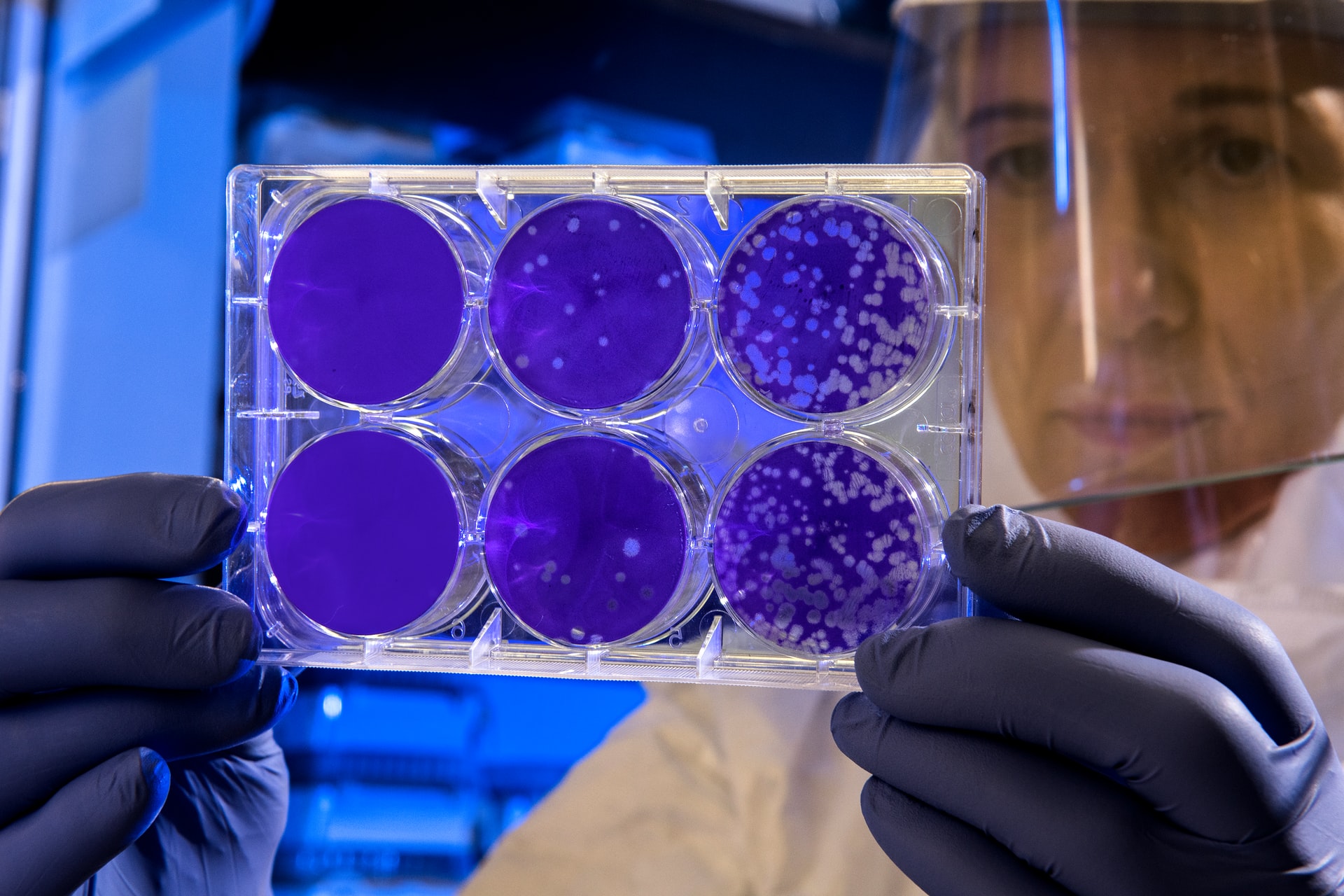Australian Pathogen Genomics Program: evaluation and cost-effectiveness of pathogen genomics
AusPathoGen aims to reduce the impact of infectious diseases on public health by improving pathogen characterisation and optimising responses through large-scale integration of pathogen genomics, epidemiological data and surveillance data at the population health level.
Project status
Content navigation
About

- Optimise national genomics-based surveillance and investigation of infectious diseases through a real-time pathogen genomics analysis and alert platform.
- Implement effective, national genomics-based responses to infectious diseases and AMR.
- Evaluate the utility and cost-effectiveness of genomics-based public health responses.
This study led by the Australian National University addresses aim three. For more information on the first two aims and the AusPathoGen Program:
- Assess the public health utility and implementation of pathogen genomics
- Situation analysis of pathogen sequencing by jurisdiction
- Expert elicitation – ranking the benefits of sequencing different pathogens for public health
- Importance and usefulness of genomics in public health for data users
- Exploration of ethical, legal, and social implications of pathogen genomics
- Measure incremental costs, effectiveness, and cost-effectiveness of implementing whole genome sequencing-based surveillance for selected key pathogens
- Economic evaluation of genomics-based public health responses
- Public health translation - investigate and optimise end user acceptability and interpretation of results.
Funding
Governance
Partners
Publications
Ferdinand, A. S., Zulfiqar, T., Cribb, D. M., James, O., Glass, K., Nghiem, S., ... & Kirk, M. D. Enhancing Public Health Infectious Disease Response Through the Australian Pathogen Genomics Program (AusPathoGen): Evaluation Protocol. Frontiers in Public Health, 13, 1587112. Download PDF (1.04MB)
Webb, J.R., Andersson, P., Sim, E., Zahedi, A., Donald, A., Hoang, T., Watt, A.E., Agius, J.E., Donato, C.M., Cummins, M.L. and Zulfiqar, T., 2025. Implementing a national programme of pathogen genomics for public health: the Australian Pathogen Genomics Program (AusPathoGen). The Lancet Microbe, 6(3). Download PDF (681.28 KB)
Ong, J.D., Zulfiqar, T., Glass, K., Kirk, M.D., Astbury, B. and Ferdinand, A., 2024. Identifying factors that influence the use of pathogen genomics in Australia and New Zealand: a protocol. Frontiers in Public Health, 12, p.1426318. Download PDF (679.77 KB)
Zulfiqar, T., Ferdinand, A., Cribb, D., Andersson, P., Zahedi, A., Glass, K., Nghiem, S., Trevenar, S., Mai, N., Howden, B. P. & Kirk, M. D. 2025. Insights from expert elicitation: prioritising pathogens for genome sequencing for Australian public health response. The Lancet Regional Health - Western Pacific, 62, 101670. Download PDF (1.05 MB)





